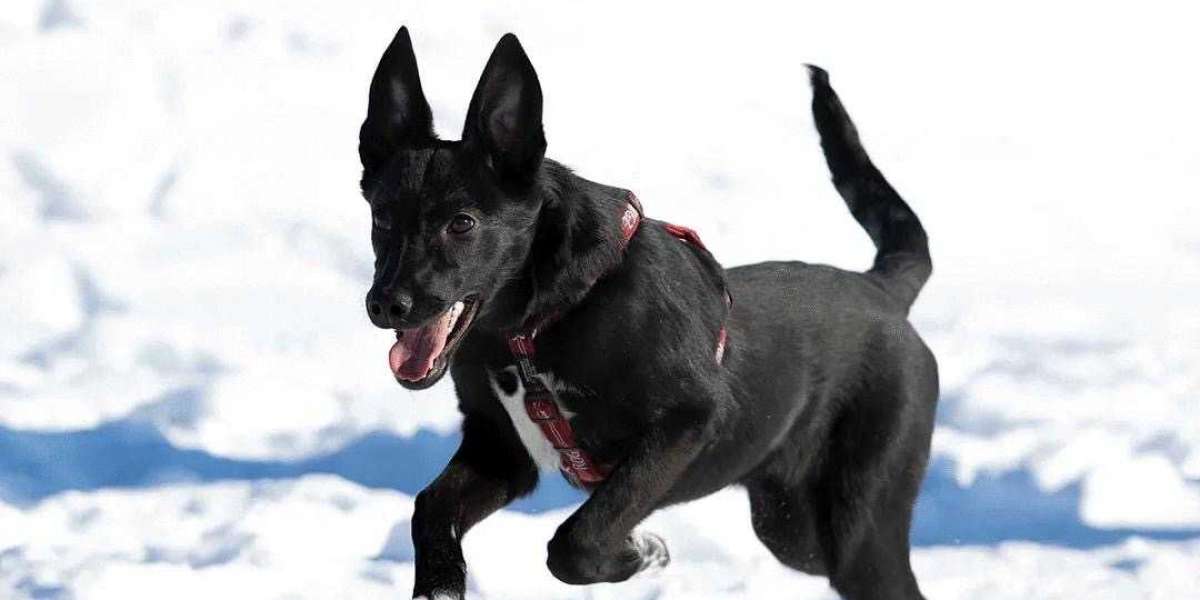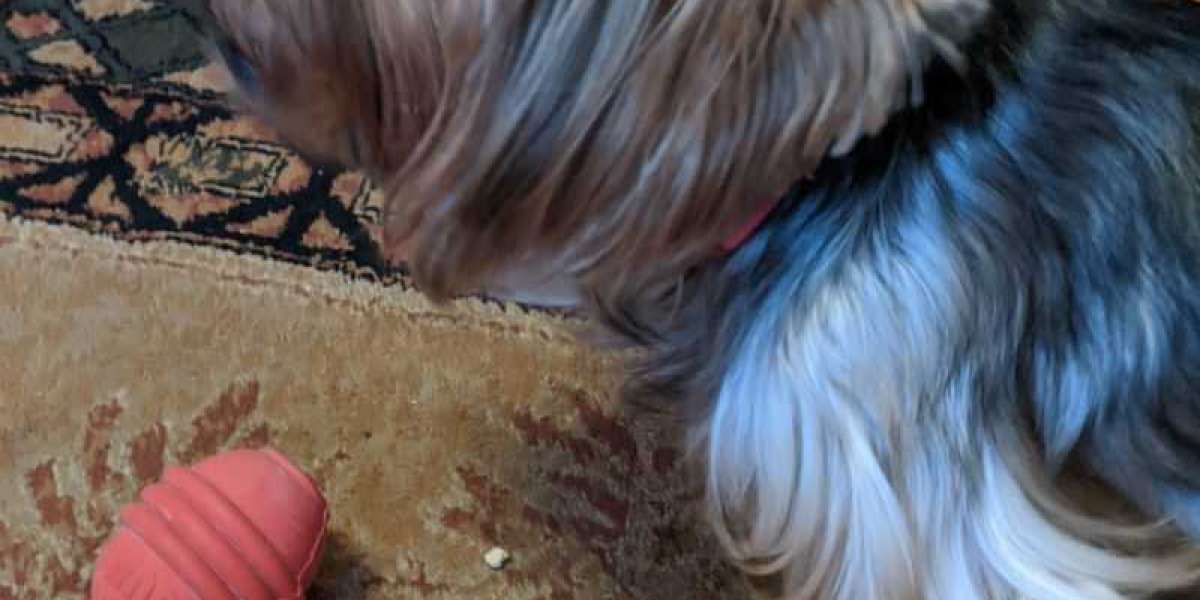Since diarrhea is a symptom of multiple health problems, it also has multiple causes, from benign to very serious. These include:
Change in diet | Bacterial infection | |
Food intolerance, sensitivity, or allergy | Viral infection | Gastrointestinal tumors |
*Indiscriminate eating | Irritable bowel syndrome (IBS) | Lymphangiectasia |
Ingestion of toxins | Ulcerative colitis | |
Intestinal parasites (e.g., giardia) | Intestinal obstruction | Idiopathic hemorrhagic gastroenteritis |
Rectal polyps | Small intestine bacterial overgrowth (SIBO) | Histoplasma enteritis or colitis |
*Hands down, the most common cause of diarrhea in otherwise healthy dogs is indiscriminate eating (e.g. getting into the garbage).
Diarrhea can have different characteristics depending on its cause. In the following situations, unless the problem clears up on its own within a day or so, I recommend making an appointment with your veterinarian.
A black, tarry stool typically indicates the presence of old (vs. fresh) blood somewhere in the digestive system. It can be a sign of injury to the gastrointestinal (GI) tract from indiscriminate eating, a foreign body or it can also be a sign of a very serious disease such as cancer.
•Watery diarrhea can be a sign of stress or a viral (e.g., parvovirus) or parasitic infection and can lead very quickly to dehydration, especially in puppies.



